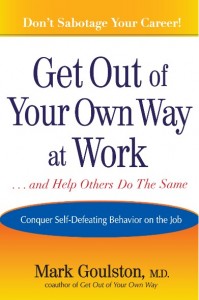To build trust: Be more interested than interesting

Mark told a story of interviewing a CEO to learn of his company’s trials and efforts and how the CEO was working to affect substantial change. Ostensibly Mark had this interview to offer his services and gain a consulting relationship to help galvanize the key executives and help them find the right path to success. While the CEO was telling his story, Mark counted 10 times in which he was tempted to interrupt and offer some keen insight and show that he knew at each stage of the narrative he understood clearly what the company and CEO was going through and how he could help. But instead of offering direction and insight, he said “Tell me more” or “Yes, please go on.” Each time that he felt compelled to intervene in the story and offer thoughts and insights, he paused and instead used ‘deepening’ words to encourage the CEO in his story. At the end, Mark simply reiterated what he heard and waited for acknowledgment – “Yes, that’s what happened,”or “Yes, that’s what I meant.” By the end, the CEO felt wholly heard and understood and Mark had built a relationship of trust and mutual understanding. He didn’t try to solve each emerging issue as it came up, but instead encouraged and deepened the conversation. The CEO left the conversation feeling he had been heard and fully understood and Mark got the job to help redirect and support the change initiative.
Mark claims he learned this from Warren Bennis when participating in an evening of high-powered professionals and intellectuals. Same story – while the participants at the dinner were busily thinking of their next powerful insight to offer, Warren Bennis listened and only interjected to pinpoint key ideas and ask the players to elaborate on their insights. The discussion deepened and each felt sincerely heard and understood – because they were. Because in that instance and in Mark’s interaction with the CEO, they really were heard.
His lesson (and the similar lesson from Warren Bennis and Marshall Goldsmith) is this: Stop adding too much value. Slow down and listen. Be more interested than interesting. Sometimes in our efforts to display our brilliance we get preoccupied with what we are going to say to impress and lose sight of the message being said. By remaining interested and engaged, anyone you are talking to will feel they are heard and will offer more trust and the relationship will deepen.

